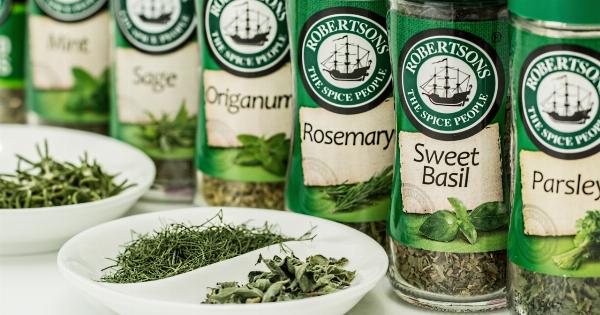According to studies, approximately 1 in 11 people will experience kidney stones at some point in their lives.
These small, hard mineral deposits can cause excruciating pain and discomfort, leading to expensive medical treatments and a significant impact on quality of life. However, the good news is that kidney stones are highly preventable through simple lifestyle changes and proactive measures.
In this article, we will explore effective strategies to stay ahead of the game and prevent kidney stones from disrupting your life.
Understanding Kidney Stones
Before diving into preventive measures, it is essential to understand what kidney stones are and how they form. Kidney stones are solid masses made up of crystals that develop in the kidneys.
The most common types of kidney stones consist of calcium oxalate, a substance found in certain foods and produced by the body.
Frequently Implicated Causes
Various factors contribute to the development of kidney stones, including:.
1. Dehydration: Inadequate water intake can lead to concentrated urine, increasing the risk of crystal formation.
2. Diet: Consuming a high-sodium, high-protein, or high-oxalate diet can contribute to the formation of stones. Oxalate-rich foods include spinach, beetroot, chocolate, and nuts.
3. Obesity: Excess body weight can elevate the risk of kidney stones due to hormonal imbalances and metabolic changes.
4. Family History: A family history of kidney stones increases an individual’s susceptibility to developing them.
5. Certain Medical Conditions: Conditions like urinary tract infections, inflammatory bowel disease, and hyperparathyroidism can increase the risk of stone formation.
Preventing Kidney Stones
While kidney stones can be incredibly painful, preventing them is relatively straightforward. Here are ten effective strategies to stay ahead of the game:.
1. Stay Hydrated
One of the most critical steps in kidney stone prevention is staying hydrated. Aim to drink at least 8-10 glasses of water daily. Sufficient hydration helps dilute urine, reducing the concentration of minerals and preventing crystal formation.
2. Watch Your Diet
Adopting a kidney-friendly diet can significantly reduce the risk of stone formation. Consume a balanced diet that is low in sodium, protein, and oxalate-rich foods.
Ensure an adequate intake of fruits and vegetables, which provide essential antioxidants and promote overall kidney health.
3. Limit Salt Intake
Excessive salt intake can increase calcium levels in the urine, leading to stone formation. Opt for fresh, whole foods over processed meals and avoid adding extra salt to your dishes. Gradually reduce your salt intake to maintain better kidney health.
4. Moderate Protein Consumption
Consuming a high-protein diet can increase uric acid levels and decrease citrate levels in the urine, creating an environment favorable to stone formation.
Maintain a moderate protein intake and choose lean sources, such as poultry, fish, and legumes, over red meat.
5. Increase Citrus Fruits
Citrus fruits like lemons and oranges contain citrate, a compound that inhibits stone formation. Drink lemonade or include citrus fruits in your diet to increase citrate levels and reduce the risk of kidney stones.
6. Limit Oxalate-Rich Foods
If you have a tendency to develop calcium oxalate stones, it is advisable to limit foods rich in oxalates. While these foods offer various health benefits, excessive consumption can contribute to stone formation.
Maintain a balance and ensure you cook or steam oxalate-rich vegetables to reduce their oxalate content.
7. Maintain a Healthy Weight
Obesity is a significant risk factor for kidney stones. Losing excess weight can help prevent their formation.
Follow a balanced diet, engage in regular physical activity, and consult a healthcare professional to create a personalized weight management plan.
8. Monitor Calcium Intake
Contrary to popular belief, reducing calcium intake is not the solution to preventing calcium oxalate stones. Adequate dietary calcium actually binds oxalate in the intestines, reducing its absorption and preventing stone formation.
Consult a healthcare professional to determine your optimal calcium requirements.
9. Avoid Excessive Vitamin C
High doses of vitamin C can be metabolized into oxalate in the body, increasing the risk of stone formation. While maintaining a healthy intake of vitamin C is important, avoid excessive supplementation without medical advice.
10. Regular Check-ups and Medical Advice
If you have a personal or family history of kidney stones, it is essential to have regular check-ups and seek medical advice. Healthcare professionals can assess your risk factors and provide tailored recommendations to prevent stone formation.
Conclusion
Kidney stones can be extremely painful and disruptive, but by adopting a proactive approach, they are highly preventable.
Through simple lifestyle changes such as staying hydrated, maintaining a balanced diet, and monitoring specific nutrient intakes, you can minimize the risk significantly. Remember, prevention is always better than cure when it comes to kidney stones.































